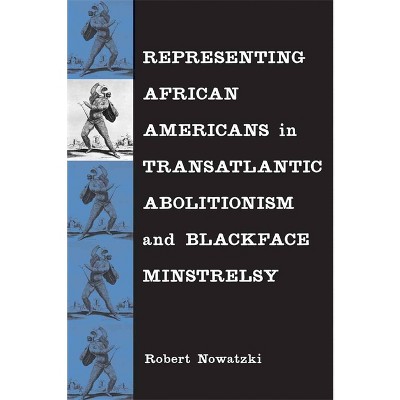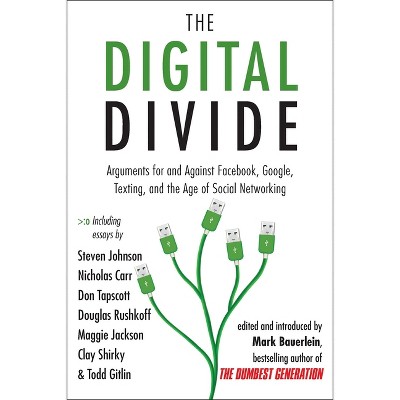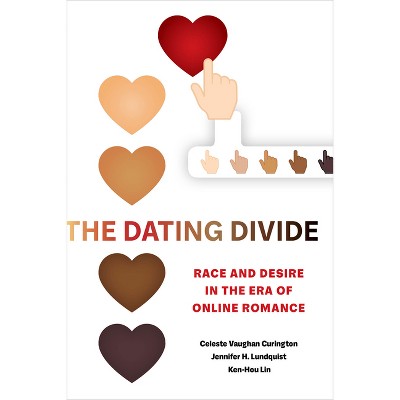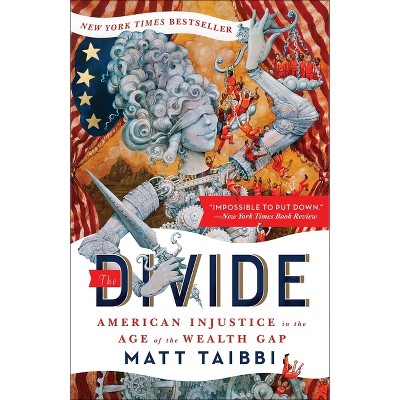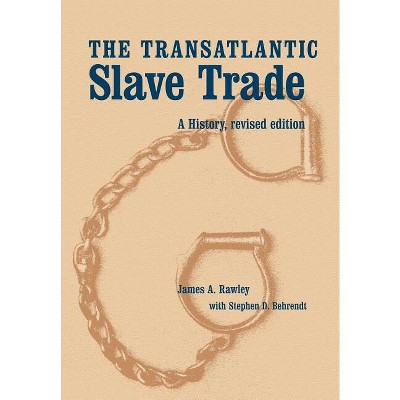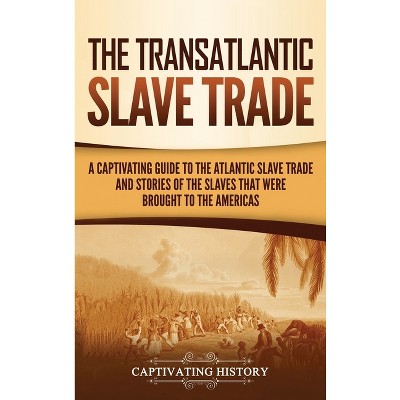Sponsored

Trans-Atlantic Divide - by John J Metzler (Paperback)
In Stock
Sponsored
About this item
Highlights
- This book brings a needed balance to the debate: are the USA and Europe really at odds after stressful unavoidable diplomatic residue following the Iraq War?
- About the Author: John J. Metzler is an analyst of diplomatic, defense, and developmental issues, which he teaches at St. John's University in New York.
- 260 Pages
- Political Science, History & Theory
Description
About the Book
This book brings a needed balance to the debate: are the USA and Europe really at odds after stressful unavoidable diplomatic residue following the Iraq War? The book outlines a clear common ground for both sides, noting that American relations with Europe remain vital for com...Book Synopsis
This book brings a needed balance to the debate: are the USA and Europe really at odds after stressful unavoidable diplomatic residue following the Iraq War? The book outlines a clear common ground for both sides, noting that American relations with Europe remain vital for commercial, cultural, and geo-political reasons.Review Quotes
The topic of this book-the trans-Atlantic divide between the US and Europe-is very important, although little new is added to the existing literature about why such a gap has developed and how can it be narrowed. Metzler (St. John's Univ.) identities multiple causes for the gap, emphasizing in particular the divide caused by the 2003 Iraq War. Separate chapters deal with the emergence of the US as the sole superpower after the end of the Cold War, adverse French and German reactions to enhanced US primacy, the War on Terror, The Iraq War, and the old versus the new Europe. These chapters do cover major events that have strained US-European relations over the past several decades. However, the importance of the topic being studied cries out for the discussion to be grounded in theory, so that rapidly evolving events can be more readily assessed. The final chapter ("What Is to Be Done? The Road Ahead") does provide some helpful suggestions for strengthening US-European relations. The book can provide a quick overview for undergraduates of problems and opportunities for US-European relations, but specialists will find little here that adds to the existing literature. Summing Up: Recommended. Undergraduate collections.
About the Author
John J. Metzler is an analyst of diplomatic, defense, and developmental issues, which he teaches at St. John's University in New York. As a United Nations correspondent covering Security Council and General Assembly affairs, Metzler covered the countdown to and aftermath of the Iraq War and how it impacted European-American relations. He regularly visits Europe for research and interviews, and is a longtime observer of trans-Atlantic relations.





